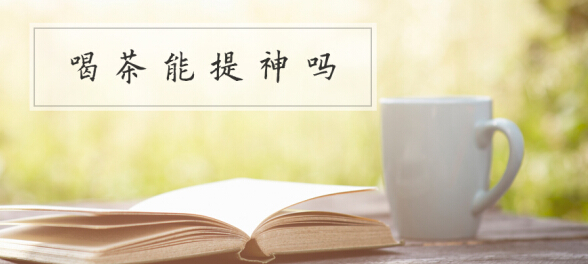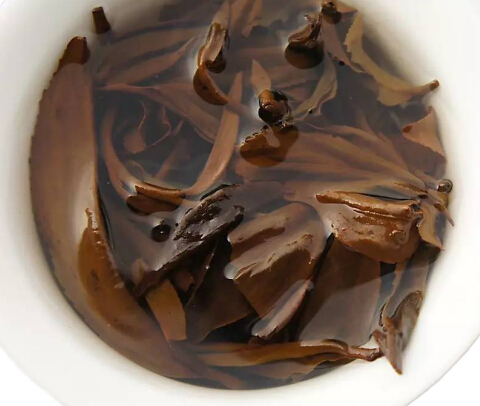
Copy the link at the bottom of the page to listen to more audio
Can tea refresh you?
This topic should be understood from at least three aspects:
First, from the perspective of tea biochemistry (Western scientific data): The caffeine in tea has stimulating and diuretic effects. Drinking lightly fermented or unfermented teas, such as green tea or oolong tea, can temporarily boost mental alertness.
Second, from the perspective of traditional Chinese medicine and health preservation: When the body has excessive dampness or insufficient yang energy, symptoms like fatigue, drowsiness, and heaviness in the head may occur. To "refresh" in such cases, one should drink teas with strong qi and rich microbial activity to dispel dampness and invigorate yang energy. At this time, avoid cold or lightly fermented teas, as they may exacerbate dampness and worsen fatigue.
Third, from the perspective of traditional Chinese medicine, it is important to distinguish special physical conditions, such as "internal depletion of heart qi," where even well-fermented teas may cause insomnia—this is not the tea "refreshing" you but rather a sign that the body needs regulation. Two methods are suggested: first, consult a traditional Chinese medicine practitioner (who may focus on harmonizing the spleen and stomach and calming the spirit); second, use well-fermented teas like Guang Sheng Xiang's ancient-method Liubao tea to strengthen the spleen, regulate digestion, and calm the spirit. For tea-based regulation, the gongfu tea brewing method is recommended: 8 grams of dry tea, brewed in a pot or gaiwan, consumed in one continuous session—this method helps focus the mind and, combined with the tea's effects, is particularly effective for regulating "internal depletion of heart qi."


(Original link: http://shop13291765.wxrrd.com/feature/10033962)